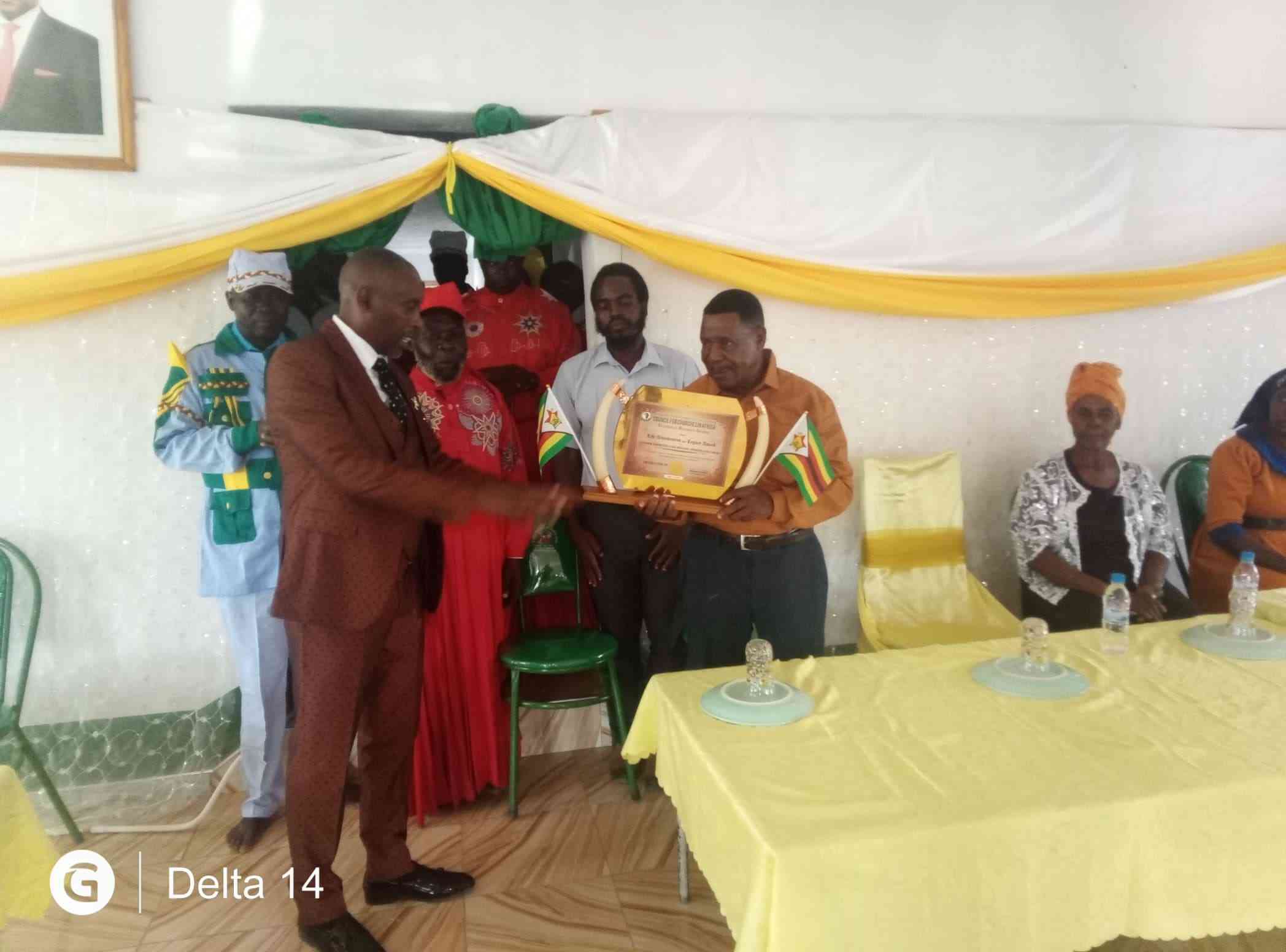
Jumpstart your day with the latest continuation of the complex nature of music copyright in Zimbabwe.
In Zimbabwe, copyright law, governed by the Copyright and Neighbouring Rights Act (Chapter 26:05), grants copyright owners exclusive rights to their original works, including literary, musical, and artistic works, for the author’s lifetime plus 50 years after their death. However, if I decide to copy a deceased musician’s song, would I have to wait for 50 years? That is ridiculous. Tairos Tendaupenyu died less than 50 years ago, but his song Furuwa has already been copied and marketed by Jah Prayzah. According to the copyright law, this is copyright infringement. Noone has been prosecuted for this infringement.
I asked my friend, Lovemore Madhuku who is an expert in constitutional law at the University of Zimbabwe to tell me whether music copyright issues are part of the lectures taking place in his faculty. The Faculty of Law at the University of Zimbabwe has an illustrious legal history of having trained most of Zimbabwe’s lawyers and judges. He mentioned the fact that there are programmes, which touch on intellectual property rights, but not specifically on music copyright
Such programmes include a Master of Laws in Intellectual Property and Technology Law. I suggested that the faculty should introduce music copyright as a legal programme in its own right in view of recent controversies about copyright issues. It is felt that many judges are incapable of dealing with such issues as they have not been trained in that area. As a matter of fact, I do not recall any case of copyright infringement being brought to Zimbabwean courts in recent years. Copyright infringement cases are difficult to prove.
This issue of copyright infringement is not isolated to Zimbabwe only, but it is also found everywhere as evidenced by the recent copyright lawsuit of Mariah Carey in the United States of America who, ironically won a court case on an obvious case of copyright infringement.
Pop singer Mariah Carey defeated a lawsuit claiming she illegally copied elements of her holiday mega hit: All I Want for Christmas Is You from a country song of the same name.
US District Judge Monica Almadani in Los Angeles said the writers of Vince Vance and the Valiants’ All I Want for Christmas Is You who took Mariah Carey to court, failed to show their song was objectively similar enough to Carey’s to support their copyright infringement case.
I totally disagree with her.
- Mavhunga puts DeMbare into Chibuku quarterfinals
- Bulls to charge into Zimbabwe gold stocks
- Ndiraya concerned as goals dry up
- Letters: How solar power is transforming African farms
Keep Reading
I have listened to both the country song by Vince Vance and the Valiants Äll I Want For Christmas Is You on YouTube and have also listened to Mariah Carey’s version of it. If I were the judge in this case, I would definitely rule that Mariah Carey copied the former’s version. The extent to which Judge Monica Almadani is musically trained baffles me. Was she looking at the melodies, the instrumentation, the lyrics, or the whole song? I am not sure what she was looking for to come up with such a verdict.
If I was the judge, I would definitely rule against Mariah Carey. Apart from just copying the title, there are several elements within the Mariah Carey song which show that the song was copied from its original composition. It is my thinking that Mariah Carey presumed that this song had already been forgotten by the public and she would give it a fresh start.
Musical composition can refer to an original piece or work of music, either vocal or instrumental, the structure of a musical piece or to the process of creating or writing a new piece. Mariah Carey, to even give it the same title, must have heard the song from somewhere before. This song adopted from a country song is obviously an infringement of copyright. If I was the judge presiding over this case, I would take the facts as they are and I would rule against Carey. However, I guess Judge Monica Almadani must be a great fan of Mariah Carey.
The plaintiff’s case was dismissed and they were ordered to pay part of Carey’s legal fees.
Attorneys for the songwriters, lawyers for Carey and spokespeople for her label, Sony Music, did not immediately respond to requests for comment on the decision even though the ruling was in their favour. I am sure they were equally surprised by that verdict.
Vince Vance and the Valiants’ All I Want for Christmas Is You was released in 1989 and reached the Billboard country charts during holiday seasons in the 1990s. Carey’s song appeared on her 1994 album Merry Christmas and has since become a popular standard, topping the Billboard Hot 100 chart every holiday season since 2019.
Andy Stone, who performs as Vince Vance, and co-writer Troy Powers filed the lawsuit in 2023. They said Carey›s song copied their song›s extended comparison between a loved one and trappings of seasonal luxury and other lyrical and musical elements, requesting at least US$20 million in damages.
Carey responded last year that the songs were completely different» and argued that any similar elements were common to many Christmas songs, such as Snow, Mistletoe, Presents Under Christmas Trees, and Wanting a Loved One for Christmas.
If that was the case, why give the song the same title as Vince Vance and the Valiants song?
However, Judge Almadani determined that the songs were not similar enough for a jury to find that Carey had committed copyright infringement, citing differences in their melodies, lyrics and other musical elements.
Not long ago, Ed Sheeran an English singer-songwriter born in Halifax, West Yorkshire, and raised in Framlingham, Suffolk, defeated a copyright infringement lawsuit involving his Grammy-winning song Thinking Out Loud and the Marvin Gaye classic Let’s Get It On.
A Manhattan jury found the musician did not engage in willful copyright infringement following a trial that saw Sheeran playing guitar and singing in court, perhaps to sway the thinking of the jury and the judge..
The jury reached its decision after roughly three hours of deliberations.
Sheeran, seated at the defence table in a suit and tie between his lawyers, hugged his attorneys when the verdict was read.
“I’m obviously very happy with the outcome of the case. And it looks like I’m not having to retire from my day job after all,” Sheeran told reporters outside the courthouse. “But at the same time, I’m unbelievably frustrated that baseless claims like this are allowed to go to court at all.”
I am not sure how these judges perform their duties, but I have also listened to both songs on YouTube. The titles and lyrics are different, but the instrumentation was definitely copied from Marvin Gaye’s song.
Musicians in Zimbabwe should be wary before taking their copyright infringement cases to court as the judges and prosecutors are not musically trained to be able to deliver a fair verdict.
That is my take.
- Feedback: frezindi@gmail.com










